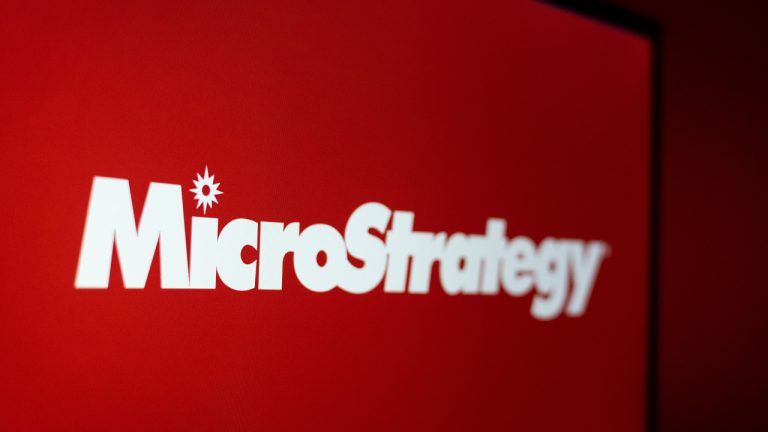
Grayscale Investments has adopted the cash creation model, instead of the in-kind model, for its proposed spot bitcoin exchange-traded fund (ETF). However, the crypto asset manager warned of adverse consequences. “A spot commodity exchange-traded product that only employs cash creations and redemptions and does not permit in-kind creations and redemptions is a novel product that has not been tested, and could be impacted by any resulting operational inefficiencies,” the firm’s filing with the U.S. Securities and Exchange Commission (SEC) details.
Grayscale’s Spot Bitcoin ETF Filing Amendment
Grayscale Investments filed the second amendment to its registration statement (Form S-3) for Grayscale Bitcoin Trust with the U.S. Securities and Exchange Commission (SEC) on Dec. 26. The crypto asset manager outlined how its proposed spot bitcoin exchange-traded fund (ETF) will use the cash creation method, instead of the in-kind method.
“The trust is currently able to accept cash orders,” the filing states, adding:
The trust is not at this time able to create and redeem shares via in-kind transactions with authorized participants.
The filing further notes that “there has yet to be definitive regulatory guidance on whether and how registered broker-dealers can hold and deal in bitcoin in compliance with the federal securities laws.”
Grayscale is seeking to convert its bitcoin trust (GBTC) into a spot bitcoin ETF. Although the SEC initially rejected the firm’s filing, a court instructed the securities regulator to reassess its decision following the asset manager’s challenge. Many spot bitcoin ETF applicants, including Grayscale and Blackrock, the world’s largest asset manager, had pushed to use the in-kind model. However, the SEC reportedly insisted on the use of the cash creation model for spot bitcoin ETFs.
“The lack of ability to facilitate in-kind creations and redemptions of shares could have adverse consequences for the trust,” Grayscale described in its filing. “To the knowledge of the sponsor [Grayscale Investments], exchange-traded products for all spot-market commodities other than bitcoin, such as gold and silver, employ in-kind creations and redemptions with the underlying asset,” the filing explains, adding:
The sponsor believes that it is generally more efficient, and therefore less costly, for spot commodity exchange-traded products to utilize in-kind orders rather than cash orders.
Grayscale clarified that this is “because there are fewer steps in the process and therefore there is less operational risk involved when an authorized participant can manage the buying and selling of the underlying asset itself, rather than depend on an unaffiliated party such as the issuer or sponsor of the exchange-traded product.”
The filing additionally notes:
A spot commodity exchange-traded product that only employs cash creations and redemptions and does not permit in-kind creations and redemptions is a novel product that has not been tested, and could be impacted by any resulting operational inefficiencies.
“In particular, the trust’s inability to facilitate in-kind creations and redemptions could result in the exchange-traded product arbitrage mechanism failing to function as efficiently as it otherwise would, leading to the potential for the Shares to trade at premiums or discounts to the NAV per Share, and such premiums or discounts could be substantial,” Grayscale detailed.
On Monday, Grayscale announced the resignation of Barry Silbert from its board of directors. Last week, the SEC held meetings with several spot bitcoin ETF filers and reportedly set a deadline of Dec. 29 for amended filings for applicants who want to be included in the initial round of spot bitcoin ETF decisions.
What do you think about Grayscale adopting the cash creation model? Let us know in the comments section below.
Bitcoin News








Leave a Reply
You must be logged in to post a comment.